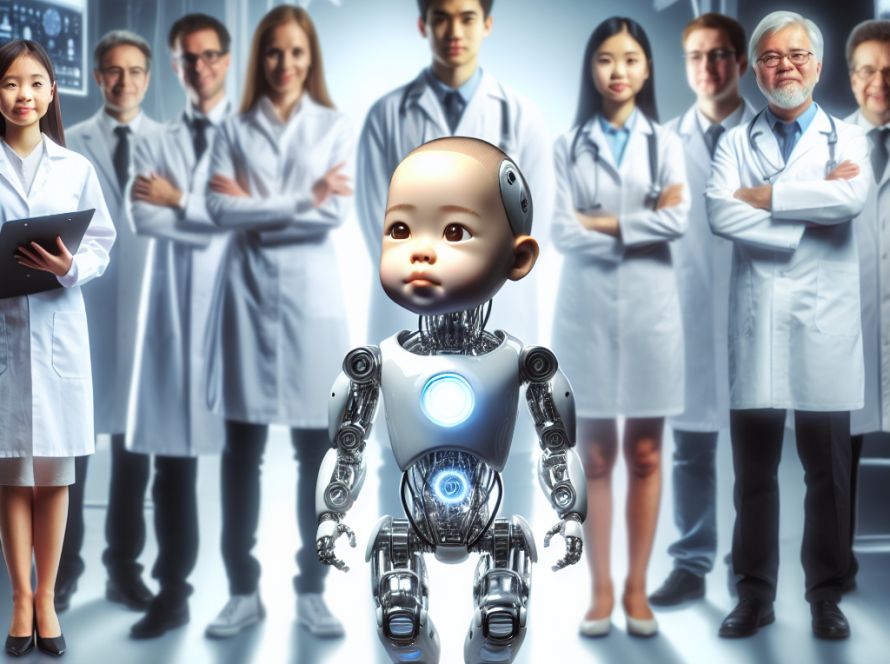OpenAI’s AI language model, Chat GPT, has been gaining popularity for its capacity to generate human-like responses and its ability to assist with coding tasks. It is particularly useful for newcomers seeking simple code solutions, as it can generate useful code snippets when given queries regarding desired results and a specified programming language. Given that it supports a broad spectrum of languages, including Python, Java, C++, JavaScript, Ruby, and more, it’s an impressive tool. However, its interpretations should be approached with caution, as some of these code snippets could potentially be incorrect, especially with complex issues. It’s therefore important to review the code it generates prior to incorporating it into a project.
Chat GPT offers several perks to the programming process. Not only does it save time and effort that would typically be spent writing complex algorithms, but it also assists in enhancing the overall quality of the code, stemming from its discipline in adhering to the logic and syntax of whatever language it has been trained on. Its coding ability has the potential to democratize programming by creating an opportunity for anyone to generate code using everyday language, potentially enhancing innovation and progress across numerous fields.
Chat GPT’s coding abilities do have some restrictions to consider, though. It can be especially helpful with specific coding tasks, guiding programmers in selecting the right libraries for their needs. However, its code generation hinges on natural language prompts, making it a key player in natural language programming development and enhancing inclusivity in programming. An important application lies in expediting the development of AI algorithms, seeing as it can automatically generate code.
While it’s important to recognize the positives, we should also acknowledge some of the challenges. For example, while the code it generates is functional, it may not always be the most efficient, potentially slowing down software or overloading resources. Additionally, its performance is contingent upon the data it was trained on. Insufficient or incomplete training data might lead to incorrect or incomplete code. Therefore, it’s critical to review and validate this code prior to application.
In conclusion, while Chat GPT will not be replacing experienced programmers anytime soon, its capabilities significantly enhance the field of computer science. It streamlines simpler coding tasks, thereby democratizing programming and expanding its accessibility. Its boundaries and potential improvements should be understood and appropriately balanced with the proficiency of human programmers. This balance is crucial for creating premium software. As it continues to evolve, Chat GPT’s capabilities are expected to advance, leading to more refined code and more efficient software development.
Finally, while Chat GPT can aid in coding assignments, it doesn’t replace the creativity and expertise of human programmers. The reliability of its generated code can vary and needs to be thoroughly vetted, and the potential for AI-assisted coding is substantial. Through the continued development of models like Chat GPT, proficiency in generating intricate and effective code could enhance access to programming and initiate advances in multiple fields relying on AI.


